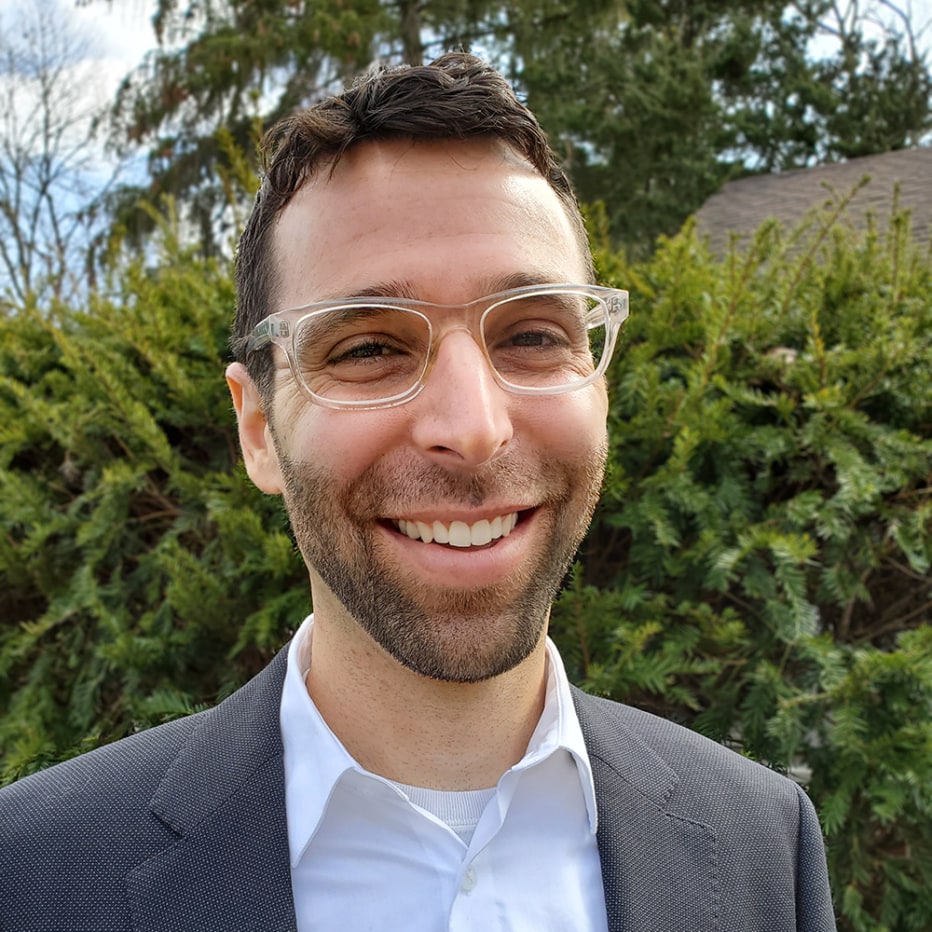
News

Thoughts on COVID-19 and Passover
March 5, 2021
I seem to have spoken to several people lately who have gotten the vaccine for COVID-19. Not a majority of my conversations, but whereas it was something off in the distance, a promise delivered via radio clips and hopeful yearnings, it now seems to be something arriving here in Long Beach, like a sweet cold wind rolling down the mountains into our beachy valley. Many of the people I’ve spoken to seem to be in some form of shock or surprise that this promise has arrived for them, like they are somehow unworthy of the security it brings, and unsure what to do with the newfound relief caused by a heavy and constant weight lifted from their shoulders. It is no small thing to have the threat of a deadly virus constant and airborne. As more of us find our way to receiving the vaccine, and I hope you will get yours soon if you have not already, my thoughts turn to our central story.
This month we will again celebrate our Passover holiday under the quarantine arranged for our safety during the time of this pandemic. For many of us, this was our first family moment, our first holiday, in isolation, and perhaps our first realization of what this time would be like moving forward. Yes, it is strange to take work meetings from Zoom if you are used to going into an office, and it is jarring to remember that your favorite store was then closed because of the stay-at-home order, but not being with family is more than an inconvenience or discomfort, it disrupts our fundamental needs. I’ve long thought that holidays wouldn’t have survived if they didn’t include at their center a practice of gathering with people we are close with, the rest is simply details. We had such hopes a year ago, adapting our ages-old benediction “next year together.” This year we are still separated.
But this year is different. While most of us will hold our seders much in the same way as last year, with fewer people around the table than we would have liked and with a computer or phone propped up so that we can see loved ones via black Zoom box, we embody a different part of the holiday story. Last year we were like the slaves in Egypt, fully entrenched in the throes of the plagues we so nervously joked about given the plague that had emerged around us. No Israelite knew when the plagues would stop, only that they were taking place and that they might lead to a way out. This year we round the corner of deliverance. This past year we have been slaves, next year may we be free.
The Passover Haggadah asks us each year to feel like we were slaves ourselves in the land of Egypt. We have felt that burden now twice on Passover, but it also asks us to feel as though each of us was personally freed from that same slavery. This year we may be nearer to that than in previous years.
Our stories tell us something universal, something worth telling over and over again that captures an ultimate truth about the human experience that remains relevant year after year. The stories that don’t speak this truth don’t get retold, as tradition alone is not enough to keep tradition alive. Our stories have to somehow speak to us, and then we look back on them as a part of our tradition. This year our story reminds us of the inevitable course of things. Specifically, it tells us that there are difficult times, that these times will happen inevitably, but also that there is deliverance from these difficult things. Not with a promise for supernatural fits of magic to wow and punish powerful leaders into being unwilling changemakers, or the necessary end to what we would like to see gone, but the important reminder that just as challenges come consistently and unexpectedly, so too do solutions and redemption. So this year, as we hunker down in our Israelite homes ready to recite our story of Exodus again, we also get a shot in the arm.